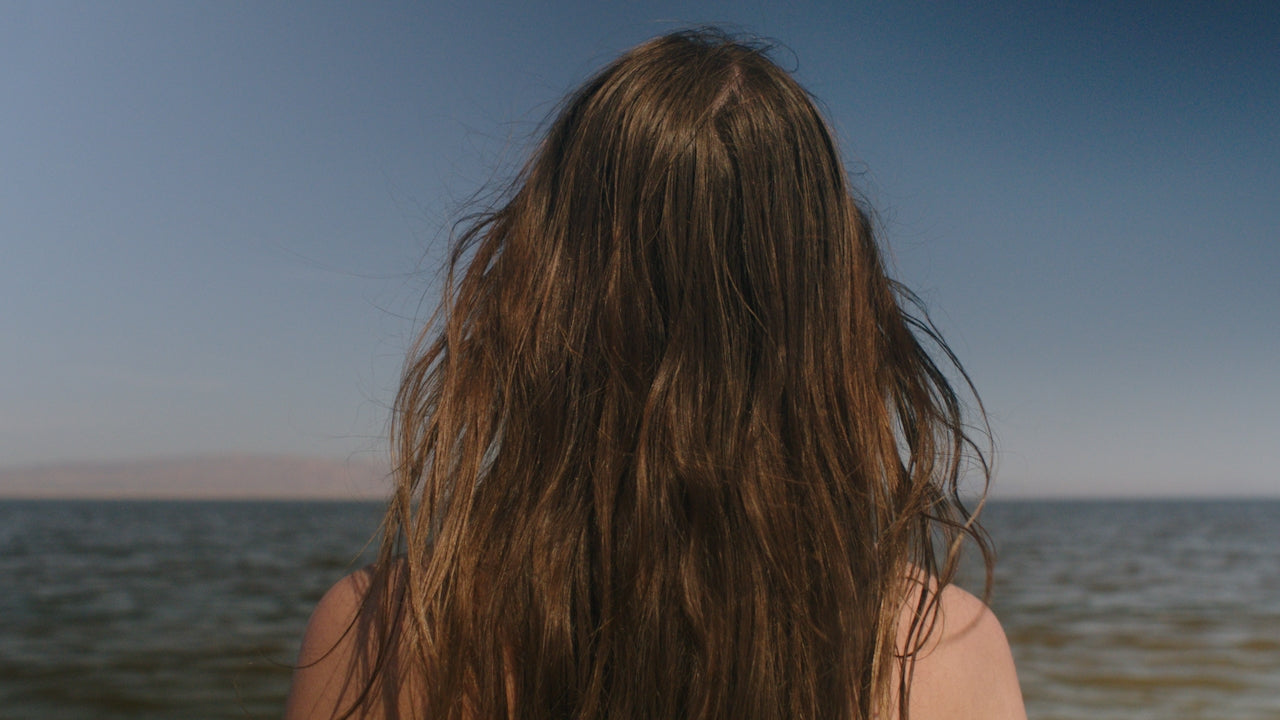Wads of hair clogging the shower drain. Scalp peaking through thin strands. A hairbrush that’s more hair than brush. These can be everyday occurrences for some, but if you’re alarmed by increasing changes to your hair in the past few weeks, you could be experiencing hair loss.
But let’s take a step back — hair loss isn’t always bad or surprising. On average, humans lose 50 and 100 hairs daily. Additionally, genetics can play a big part in hair growth patterns; if your family has a history of balding, it’s highly possible that you can expect to experience hair loss.
That being said, unprecedented and considerable hair loss without a clear cause can cause distress. Here are five reasons why you could be noticing shedding more than usual:
1. You’re lacking nutrients.
It’s no surprise that your scalp requires oxygen and nutrients to ensure healthy hair growth. These three nutrients are especially pivotal to the state of your hair:
- Iron. The less iron you have, the less hemoglobin you produce. You may remember from Biology 101 that hemoglobin delivers oxygen to cells via your red blood cells and supports proper cell function. The cells on your head are no exception, and iron deficiency is even a well-known cause of hair loss. If you're one of the 10 million iron-deficient people in the United States, you may have less hair than usual. In that case, bring up your iron levels.
- Omega-3s. Commonly found in fish like tuna and salmon, omega-3 fatty acids can help to support healthy inflammation in your hair follicles, which house the roots of your hair.
- B vitamins. The eight types of vitamin B provide various benefits to the body, but a couple of the B vitamins can particularly determine your hair growth. Vitamin B6 can promote hemoglobin production, thus promoting more oxygen to your scalp; vitamin B12 aids in the production of red blood cells, therefore encouraging healthy hair and skin. You can ensure a healthy intake of vitamin Bs with multivitamin supplements!
2. You’re going through hormonal changes.
Everyone experiences several hormonal changes in their lifetime. However, hormonal changes — temporary or not — can come with a risk of altering your hair growth pattern. Some instances of hormone-related hair loss include:
- Postpartum hair shedding. Individuals that have just given birth may shed some hair due to a drop in estrogen levels. However, most individuals recover their normal hair growth pattern in a year or so.
- Menopause. During menopause, you may experience a drop in estrogen and a rise in androgen, a hormone that can cause hair follicles to shrink and eventually cause hair loss.
- Hypothyroidism. Your thyroid is a gland at the bottom of your neck that produces hormones that prompt vital functions in your body. When this gland doesn't produce proper thyroid hormone levels, you can have hypothyroidism, which disrupts hair growth.
3. You’re experiencing severe stress.
Stress and hair growth are directly connected. In the moments following a traumatic event, you can experience telogen effluvium, or hair loss due to severe stress. But fear not — those that experience telogen effluvium ordinarily regain proper hair growth patterns within three to six months.
In other cases, stress can cause trichotillomania, in which someone experiences consistent urges to pull out their hair. Although it seems unlikely that you can be unaware of systematic hair pulling, this condition can also cause automatic and absentminded hair pulling. This results in people contributing to their own hair loss without realizing it.
4. You’re tugging as you style your hair.
If you’re handling your hair roughly, take caution! The very way you style your hair could cause you to lose hair. Traction alopecia is a condition that describes hair loss from repeated hair tugging, most likely from hairstyles like tight ponytails and braids.
Unsure if your hairstyles are the reason for your hair loss? Take a look at your hairline. If you see short and broken hairs that weren’t previously there, you may have the first signs of traction alopecia. Luckily, you can prevent further damage from traction alopecia at this stage by reducing hair tugging.
It's best to handle traction alopecia right away. In the worst-case scenario, traction alopecia can cause permanent hair loss due to damaged hair follicles.
5. You’re aging.
Certain forms of hair loss can feel sudden and startling, but hair loss due to aging is more likely to be subtle and slow-paced (similar to other changes caused by aging).
Hair density varies depending on ethnicity and other factors, but you can expect an average of 80,000 to 120,000 strands of hair as a healthy individual. Your hair density, which describes how much hair you have, starts to decrease slowly as you age. After your mid-thirties, however, hair density starts to decline.
Additionally, age can lead to more hair breakage. After the age of 40, your hair diameter begins to decrease and leads to thinner and weaker hair. This means your hair ultimately becomes more susceptible to breaking.
